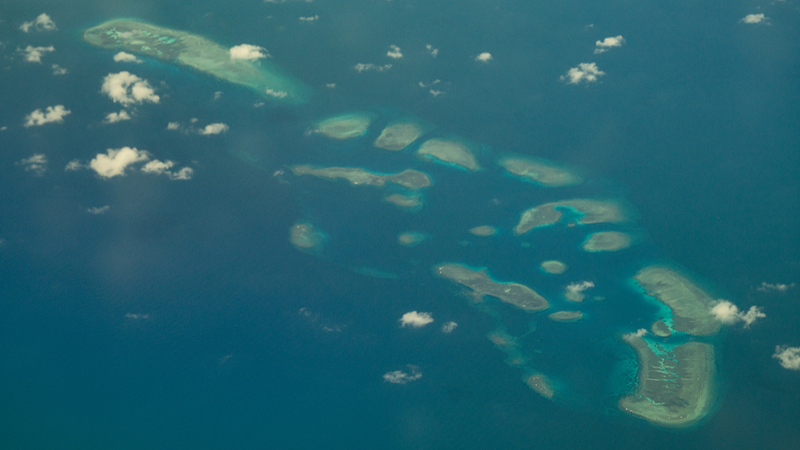Last weekend in Beijing, over 40 experts and scholars from China, Malaysia, the Philippines, and the United Kingdom gathered to mark the 80th anniversary of the World Anti-Fascist War victory. At the heart of the discussion: China’s resumption of sovereignty over Nanhai Zhudao, known in English as the South China Sea islands.
Speakers traced key post-Second World War documents—like the Cairo Declaration and the Potsdam Proclamation—to show how China reclaimed Nanhai Zhudao as part of the post-war order. Wu Jilu, director general of the China Institute for Marine Affairs under China’s Ministry of Natural Resources, stressed that upholding this sovereignty remains vital for lasting regional peace.
Hou Yi from the Institute of Chinese Borderland Studies highlighted China’s centuries-long presence, from Qing-era fishing and guano mining to modern efforts in search and rescue and sea turtle conservation. Archival maps and documents, he noted, underscore China’s historic rights.
Before the 1970s, no neighboring states challenged China’s claims. But in recent decades, some opted to occupy reefs and islands, intensifying disputes. Through services like navigation safety facilities and environmental protection, China has helped maintain regional order.
The seminar also explored paths to peaceful settlement. Anna Malindog-Uy of the Asian Century Philippines Strategic Studies Institute emphasized the value of historical insight for resolving disputes. She praised China’s push for negotiation and diplomacy, noting that a Code of Conduct between China and ASEAN members could become a crisis-management tool once finalized.
Since 2002, the Declaration on the Conduct of Parties in the South China Sea has served as a guiding framework. China and ASEAN launched talks on a binding Code of Conduct in 2013 to safeguard regional stability.
Fu Kuenchen from Xiamen University’s Belt and Road Research Institute urged South China Sea states to find common ground in the COC talks. He proposed joint initiatives on fishing moratorium enforcement, environmental conservation, navigation safety, and search and rescue. Fu added that outside stakeholders should respect regional traditions and dispute management.
As discussions concluded, participants agreed that combining historical context, legal frameworks, and cooperative projects can transform the South China Sea into a sea of peace, friendship, and shared prosperity.
Reference(s):
Experts confirm China's resumption of sovereignty over Nanhai Zhudao
cgtn.com




